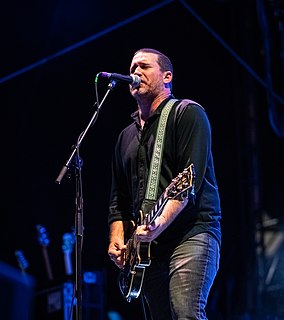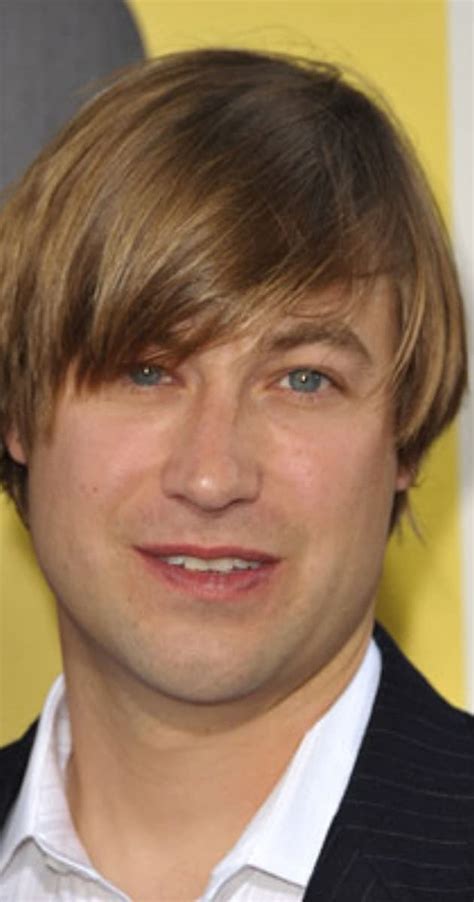A Quote by Zadie Smith
I guess I've always written more from the opposite perspective, that kind of existentialist perspective which argues that existence precedes essence. And there really isn't anything essential in there - you're the product of your actions, which can always change. And they retrospectively make you one way or another.
Related Quotes
Nietzsche seems sometimes to replace the "transcendence" which stands at the center of traditional accounts the existence of a transcendent God, or, failing that, a transcendental viewpoint with that of a continually transcending activity. ... There is no single, final perspective, but given any one perspective, we can always go beyond it.
I've always been interested in the principle of the fractal, which is typified by self-similarity across scale, which both puts a lot of pressure on a specific viewer's perspective and opens up the number of "correct" viewing positions infinitely, in this way thwarting the power-related implications of traditional, Renaissance single-point perspective.
This is my perspective and has always been my perspective on life: I have a very grim, pessimistic view of it. I always have, since I was a little boy. It hasn't gotten worse with age or anything. I do feel that it's a grim, painful, nightmarish, meaningless experience, and that the only way that you can be happy is if you tell yourself some lies and deceive yourself.
I've always written songs to use music as a form of therapy or as a way to look at my obstacles or my memories from a different perspective. It's always helped me realize the grass isn't always greener and how I need to live more in the moment. My songwriting is a documentation of whatever's happening in my life at that point in time.
What is missing in a lot of urban music is perspective. You hear a lot of regurgitated perspective. It's a lot of: out at the club. Had drinks. Patrón. Big booties. It's this regurgitated idea of living in this, I don't know, one-night-stand moment that always starts at the club and Patrón. And so perspective, perspective, perspective is what I'm an advocate of.
I'm not sure that all books aren't that way. I think that might apply to any book I was writing. The book was kind of the product of this enormous infatuation I had, not only with the office and office politics, but with perspective, and trying to tell a story from as wide a range of perspectives as you possibly can. I tried to capture it all with the first-person plural, but once I settled on that, I used it to tell the story from as many angles as I could. I guess, to put it romantically, it was about a love affair with the craft of perspective.
If you're a playwright, unless you're really lacking in get-up-and-go, you can always get your play up somewhere. You can't necessarily make a living doing it, but theater is about meeting an audience. Plays are not easier to write necessarily, they take less time to write. If you get them up, it's a much more rough-and-tumble kind of existence. I think it's, from my perspective, easier than novel writing.
I don't think that writing, real writing, has much to do with affirming belief--if anything it causes rifts and gaps in belief which make belief more complex and more textured, more real. Good writing unsettles, destroys both the author and the reader. From my perspective, there always has to be a tension between the writer and the monolithic elements of the culture, such as religion.
I'm coming from a place where I have seen a different way to handle it, or a slightly different way to go through what is happening, that gives me some perspective. So I think it always helps. It always helps to have someone who has traveled the world or seen a different way to do something. That helps give you perspective.
I have always liked kind of outsider characters. In the movies I grew up liking, you had more complicated characters. I don't mean that in a way that makes us better or anything. I just seem to like characters who don't really fit into. You always hear that from the studio: "You have to be able to root for them, they have to be likeable, and the audience has to be able to see themselves in the characters." I feel that's not necessarily true. As long as the character has some type of goal or outlook on the world, or perspective, you can follow that story.







































